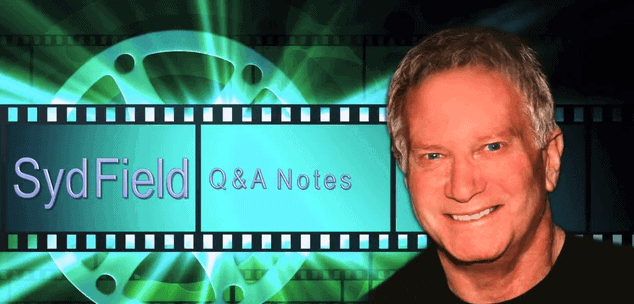Avoiding Character Clichės
From Syd Field Q&A’s: “SETTING UP CHARACTER AND STORY, PART I”
From The Art of Visual Storytelling Webinar Archives
Q: Sylvia asks, “How can we approach to create a character that can be unique and universal without using clichés at the moment that we are conceiving this character?”
A: Well, you know, that’s a very, very interesting question, Sylvia. What we want to do is to create a character who is unique to that character, meaning we want to create a real person in a real situation who is believable and dimensional.
So what happens to that character, meaning what kind of a life do they have? If you do the preparation of your character work in terms of creating a character biography, of going into their professional life, and their personal life, and their private life, and you begin to explore the dynamics working on that character, you are creating a real and believable character, hopefully.
In writing effective dialogue, we’ll talk about the purpose of dialogue and how we can create an interesting character by using the dialogue that they speak. So we have to begin to understand that you can have a one-dimensional character, meaning you don’t do no research. You don’t know what the character’s back story is. You don’t know what your character’s childhood is like. You don’t know what the history of your character is going through when he or she is growing up. That means you’ll have a one-dimensional character.
When you begin to explore that character, when you go deep into the background and psychology of that character, you will begin to create a unique character that will be part of your storyline. So the clichés usually are very true, and, as you, sure—as you are sure to know, that these clichés are only clichés because they’re true. So you don’t have to state the cliché, but you can certainly take a cliché and then show it dramatically or comedically in order to show your character.
Remember that character is a form of behavior, that film is behavior, that you as the writer can begin to describe a form of behavior that will illustrate your character. So a cliché is only a cliché if you use it all the time, but clichés are really true. It’s only that they’re so universal to a character, to our humanity, that they become real and we hear it over and over and over again.
So if you do use a cliché in your screenplay, you can then begin to extract the truth of that moment that describes the cliché and then begin to find a way to describe it in words other than the cliché. Interesting question, Sylvia.


Leave a Comment